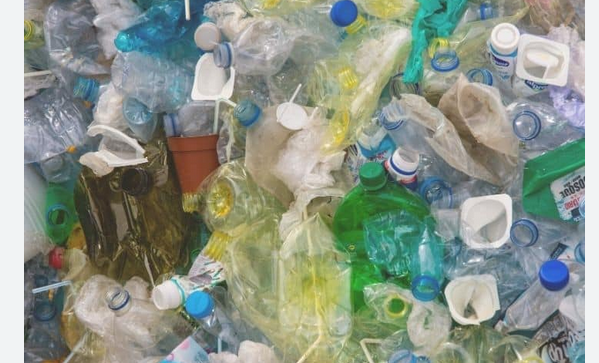The world we are living in nowadays is fast-paced and technological innovation-pushed, that has triggered an important increase in the volume of plastic waste we make day-to-day. Nonetheless, with expertise and awareness about the necessity of trying to recycle plastic materials, we can easily take measures to reduce our carbon footprint and protect our environment. In this article, we are going to check out the rewards plastic recycling and obstacles of plastics recycling to learn far better why trying to recycle plastic materials concerns.
1. Benefits associated with plastics recycling
a. Decreasing plastic-type material waste materials in trash dumps: Plastic-type will take countless several years to decompose, making it a serious risk to our own atmosphere. By recycling plastic materials, we can easily lessen the level of squander that winds up in trash dumps which will help prevent more harm to the planet.
b. Will save energy and resources: Production new items from re-cycled plastic materials needs much less electricity and sources than producing new products from virgin components. Recycling plastic materials will help conserve energy and resources, which minimizes green house gasoline pollutants and guards the environment.
c. Results in opportunities: The plastic recycling sector creates employment opportunities for folks operating in distinct areas for example assortment, digesting, and logistics. This can lead to financial development and advantages for community areas.
2. Problems of plastics recycling
a. Great expense of recycling: Trying to recycle plastic materials includes a greater price when compared with producing new products from virgin components. Too little economical bonuses for trying to recycle also contributes to this issue.
b. Plastic-type material pollution: Pollution of plastic material waste with non-recyclable things can cause high quality troubles and minimize the price of plastic-type waste, rendering it hard to reuse.
c. Reduced general public recognition: An absence of recognition about the value of recycling plastic materials is an additional challenge. Low community understanding brings about reduced participation amounts in plastic recycling courses and lots of plastic material spend that eventually ends up in landfills.
d. Facilities difficulties: Too little enough facilities for accumulating, processing, and recycling plastic-type squander is an additional important obstacle to the plastic recycling market.
Bottom line:
Recycling plastic materials is vital to the setting and our wellness. It offers benefits including minimizing plastic spend, conserving power and assets, and creating job opportunities. Even so, the high cost of recycling, plastic-type toxic contamination, reduced community consciousness, and infrastructure obstacles symbolize the most important difficulties to the plastic recycling sector. It’s vital to interact with each other to formulate environmentally friendly strategies to overcome these problems and encourage the advantages of plastics recycling. As a result, we can safeguard environmental surroundings, our health and wellbeing, and create a much better, greener upcoming for many.
